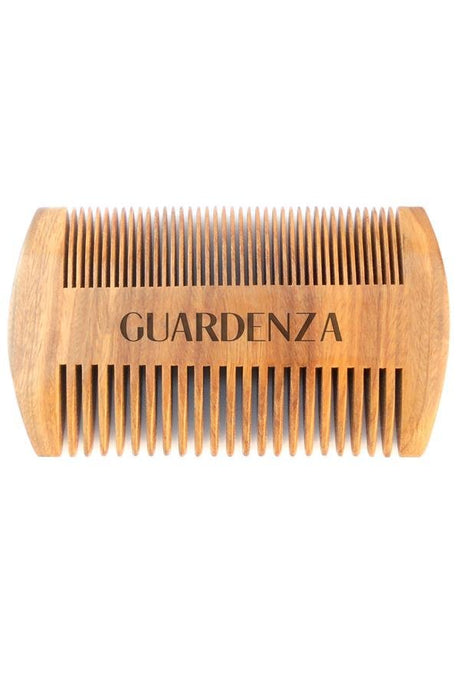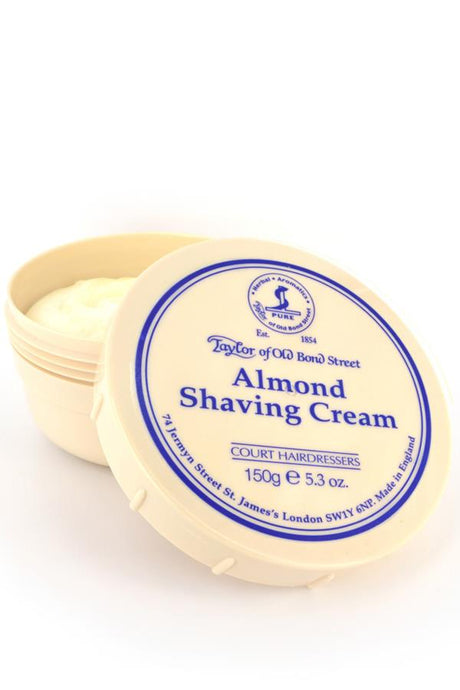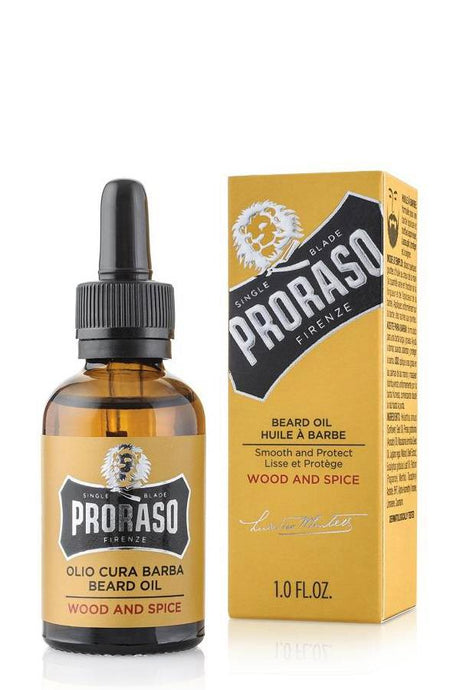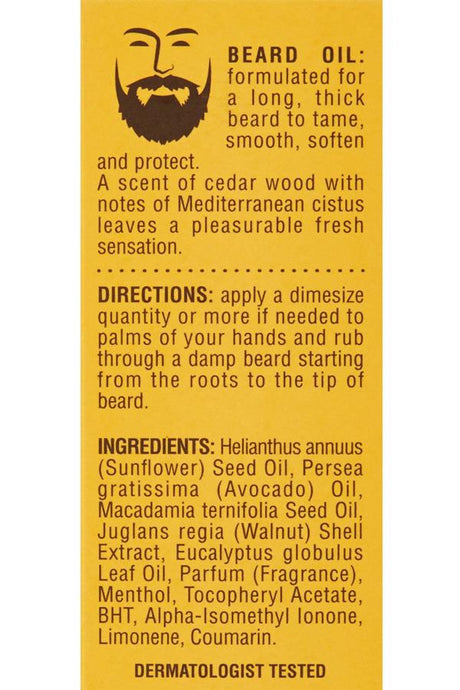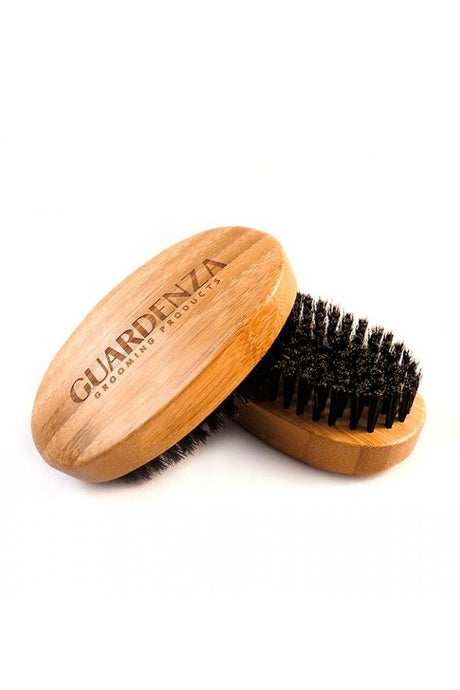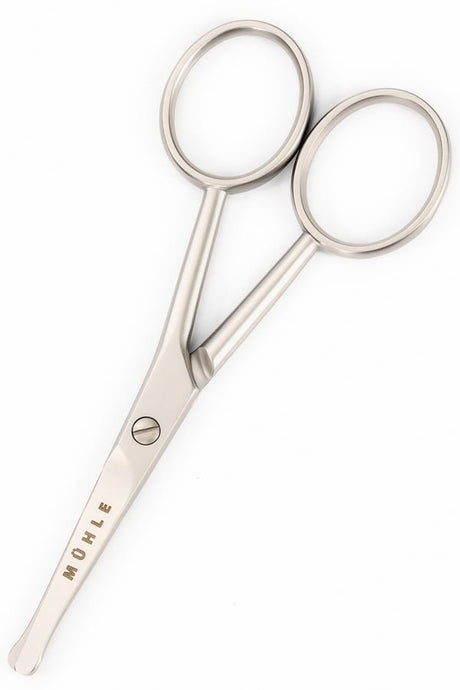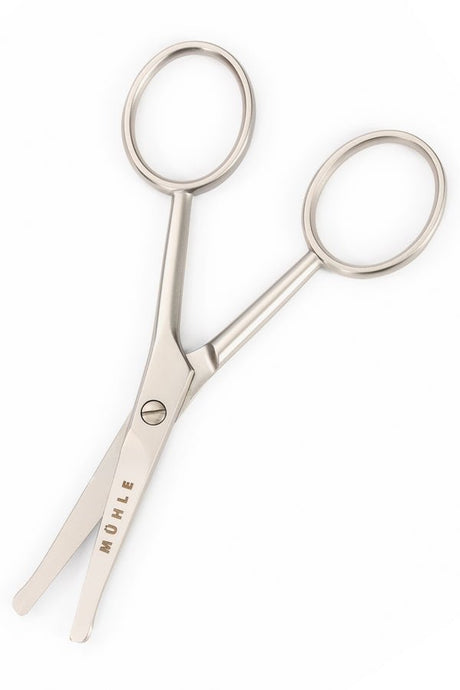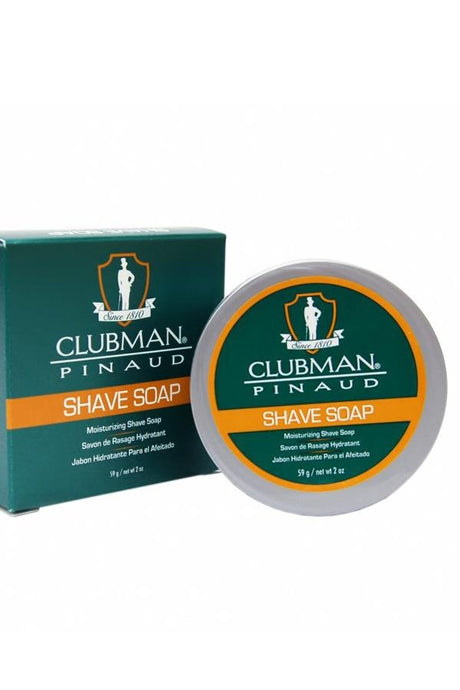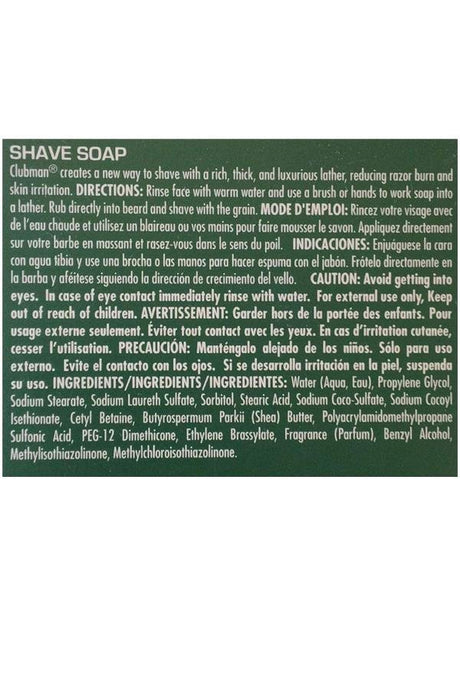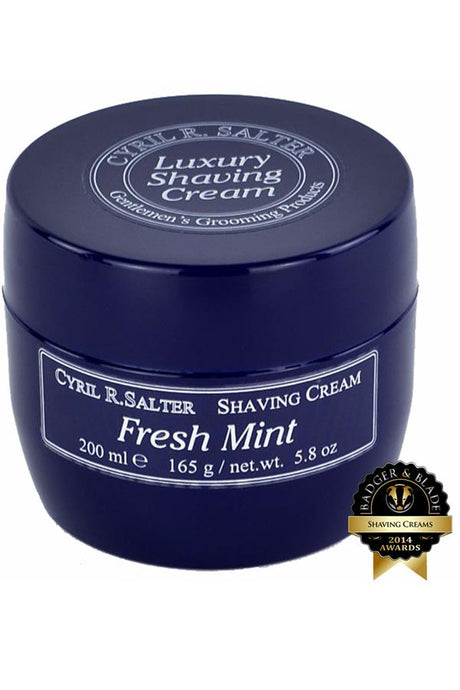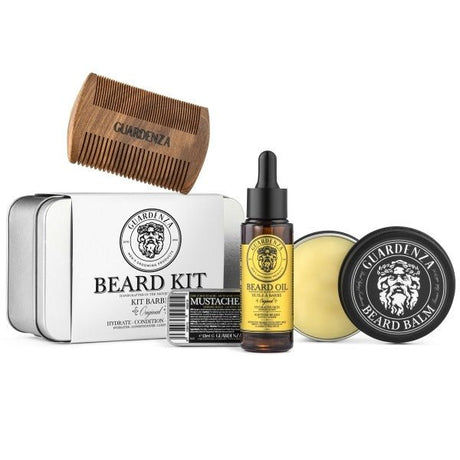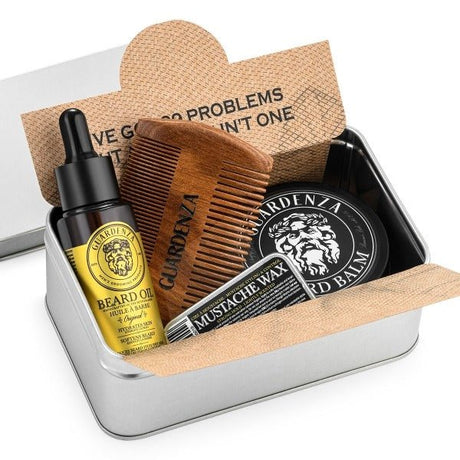What do the experts say about the straight razor
DOVO in Solingen, Germany has been the world market leader in straight razors for decades. Hundreds of razors are produced in the factory every day. The traditional method of production has been carried out in the same way for more than a hundred years. DOVO employs several dozen craftsmen who make beautiful razors every day with a lot of love, passion and craftsmanship.
As soon as you start using a straight razor, maintenance comes into play. Some employees within DOVO have specialized completely in sharpening and polishing razors. In this blog, these experts tell you everything about maintaining and keeping the straight razor sharp.
What is a sharp razor?
A straight razor and its sharpness first starts with a little bit of theory about physics, geometry and materials science.
What is the sharpness of the razor? The edge or fold of the razor is a triangle. The acute angle of this triangle defines the cutting edge and sharpness and is related to the angle of this triangle. The pointier this triangle, the sharper it becomes. Cutting through material with a knife is also called 'wedge cutting'. Your knife drives through the material, as it were, like a wedge. The wider this wedge, the more difficult it becomes to cut the material.
The corners of a straight razor's edge should be sharpened evenly. So that the extremely wafer-thin tip of the cutting edge of the knife can cut your beard hair in the best possible way. Of course, it's always a compromise between sharpness and the blade's ability to hold the angle of the edge. That is why DOVO sharpens their razors at an angle of approximately 15°. This corner is the golden mean. This angle ensures that the razor remains perfectly sharp for a long time. It is necessary to find the right balance between longevity and maximum shaving comfort. If DOVO were to sharpen the knife even thinner (the angle would then be less than 15°), the knife would become blunt very quickly after a few uses.
The shaving foil
The foil or blade of the straight razor is hollow ground: hollow ground. Some knives are 'full hollow ground' or 'semi-hollow ground'. The basic shape of the shaving foil is a triangle. During production, the shaving foil is pushed by hand between 2 rotating round grinding discs, which gives it its concave shape. Hollow grinding of the shaving foil is the only way to get a super sharp edge and still maintain sufficient stiffness.

The skin on your face is not even; there are curves, dimples, wrinkles and many different rounded corners. Thanks to the 'hollow ground' and flexibility, the shaving foil glides smoothly and effortlessly over your skin. This ultimately ensures a comfortable shave and a smooth shave.
How long does a razor stay sharp?
On the internet and on shaving forums, sharpening experts talk about the razor's ability to hold the edge. How long can a sharpened straight razor withstand the stress of shaving before you need to resharpen it? In other words, how long does the knife remain sharp?
You must take into account aspects that influence the razor, such as: the material of the blade, hardness of the beard hairs, shaving technique and how the blade is maintained. Just as important is that the razor glides and shaves smoothly and comfortably over your skin. The design of the blade and the correct metal alloy are critical. DOVO takes this into account. The hardness of the carbon steel of DOVO straight razors is approximately 61 HRC. If the razor is used regularly, it will remain sharp for a sufficiently long time. Unlike an ordinary kitchen knife, for example, a razor sits directly on your skin. DOVO can of course choose harder steel for the blade, but then the knife would be much less flexible and therefore less comfortable to shave.
Poaching and the 'Hanging Hair Test'
Every razor at DOVO undergoes the 'hanging hair test' at the end of the production process. The sharpness of the knife is tested by this test. A loose human hair is held with two fingers and pressed against the edge of the razor. The knife is only really sharp when the knife splits the hair in half without much pressure.
All straight razors are hand-sharpened, polished and checked by experienced employees in five stages from coarse to fine.
On the first grinding plate, the bevel is ground with a grit of 320 into a 0.1 mm thin blade. It is then sharpened with grit 1000 on the second grinding plate. The shaving blade is further sharpened step by step on various whetstones of 5,000, 8,000 and 10,000. Finally, the knife is strapped onto a leather strap with a small amount of iron oxide paste.
The leather sling or razor strap is not intended for sharpening the straight razor. Why do you have to strop or polish the razor over the ironing strip after every shave? Every time you shave you crumple the razor-thin beveled edge of the blade at a microscopic level. Your skin and beard hairs bend the bevel, causing microscopic grooves and wrinkles. By letting the straight razor rest for at least 48 hours after shaving, a large part of the bevel will naturally rise again. By running the knife over the leather strap, the abused metal is gently smoothed out. The shaving performance of the straight razor is retained longer.
Sharpening the straight razor
You sharpen the straight razor on a whetstone or whetstone . How often you need to sharpen your razor depends on how often you use it and how you handle it. A well-maintained straight razor can be used for more than a year without needing to be sharpened. For example, if you shave every day or you do not take good care of the knife, you will of course have to sharpen the knife more often. Sharpening is also necessary if you drop the razor and damage the edge.

Properly sharpening the straight razor is a skill in itself. Improper sharpening can ruin the razor's sharpness. You have to learn to sharpen. If you want to sharpen your razors yourself, DOVO recommends starting with a cheap second-hand straight razor. This way you can safely practice your sharpening skills.


